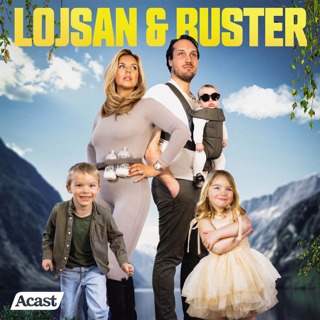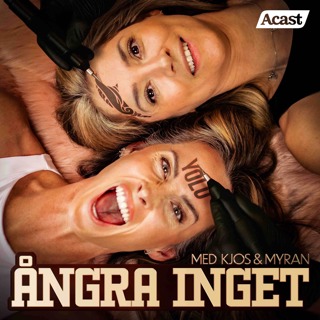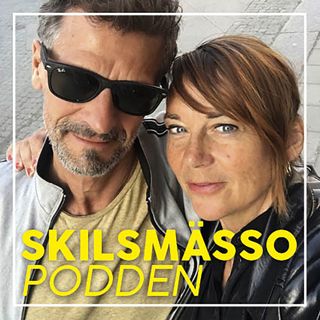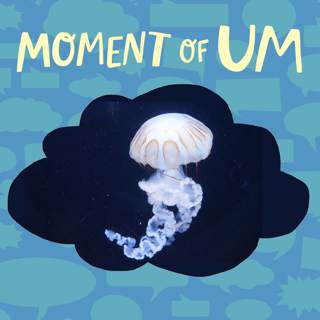
How does an immortal jellyfish go back to being a baby?
Way out in the deep blue sea, there is a remarkable creature called the immortal jellyfish. This buoyant little blob can deal with being hurt or stressed by going from its adult form back to a baby!! Then it grows up all over again. Holy moly. How does that work? We asked science writer Christina Couch to tell us all about it. Got a question that’s a ten out of TENtacles? Send it to us at BrainsOn.org/contact, ‘cause we are READY for that jelly!
2 Maj 6min

Why can you hear the ocean in a seashell?
The sounds of the ocean are so relaxing… the waves crashing on the sand, the gentle roar of the surf. And if you pick up a big seashell and put it to your ear, you can almost hear the ocean there too! One of our listeners wanted to know why, so we asked physicist Steve Errede to help us catch that wave. Do you have a great question for Moment of Um? Surf on over to BrainsOn.org/contact and share it with us.
1 Maj 3min
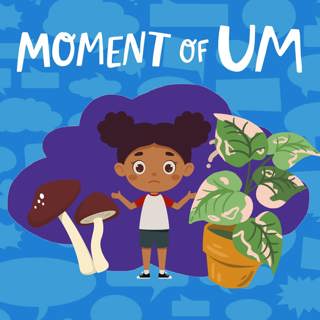
Why are we more closely related to fungi than plants?
All living things on Earth are related. To help keep track of how close those relationships are, scientists organize life on Earth into groups using a system called taxonomy. Sometimes, taxonomy can be surprising – like, did you know that humans are more closely related to mushrooms and other fungi than we are to plants? How does that work? We asked microbiologist Christine Salomon to help us find the answer.Got a question that’s in a class by itself? Send it to us at BrainsOn.org/contact, and we’ll find an answer that’ll really grow on you.
30 Apr 6min

Would a poisonous snake die if it bit itself?
We all know that bites from poisonous snakes can be really dangerous, but can a poisonous snake poison itself? We asked snake expert Lawrie Arends to give us the factssssssssss. If you’ve got a Moment of Um question for us, slither your way over to BrainsOn.org/contactto submit it.
29 Apr 3min
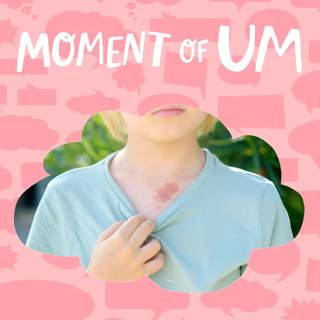
What are birthmarks?
Our skin is pretty incredible. It protects us and helps us sense the world around us. Some people have colored patches or dots on their skin called birthmarks. We wanted to know what birthmarks actually are, so we asked dermatologist Liz Farhat to help us find the answer.Got a question that makes you say “holy MOLE-y!” Send it to us at BrainsOn.org/contact, and we’ll help spot the answer.
28 Apr 4min
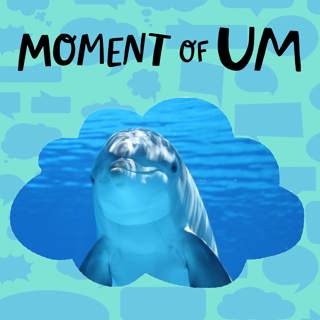
What makes dolphins so smart?
Dolphins are super cool sea creatures that can swim fast, jump high, and make all kinds of nifty noises. But did you know that they also have big complicated brains like humans do? How did they get those big brains, and what do they use them for? We asked science writer Vicky Stein to help us find the answer.Got a question that’s FIN-tastic? Send it to us at BrainsOn.org/contact, and we’ll set out with a great sense of porpoise to find the answer!
25 Apr 5min

Do we sneeze in our sleep?
Being asleep is kind of a funny thing, because you don’t know if you’re doing anything in your sleep – because you’re asleep! Some people talk in their sleep, others get out of bed and walk around… but do we ever sneeze in our sleep? We asked neurologist Michael Hall if it was even possible. Got a Moment of Um question that’s keeping you awake? Send it to us at BrainsOn.org/contact and you could hear the answer on a future episode!
24 Apr 3min
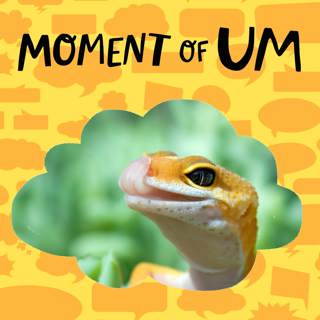
Do lizards smell with their tongues?
The sense of smell is so powerful. Without it, we couldn’t sniff out freshly-baked muffins, stinky garbage, or smoky campfires. Some animals use their noses, others use antennae or even their feet to smell. But what about lizards? They have nostrils, but do they use them to smell? We asked lizard researcher Laura Kojima to help us answer this question. Got a question that you need to make scents of? Send it to us at BrainsOn.org/contact, and we’ll help you sniff it out.
23 Apr 5min







